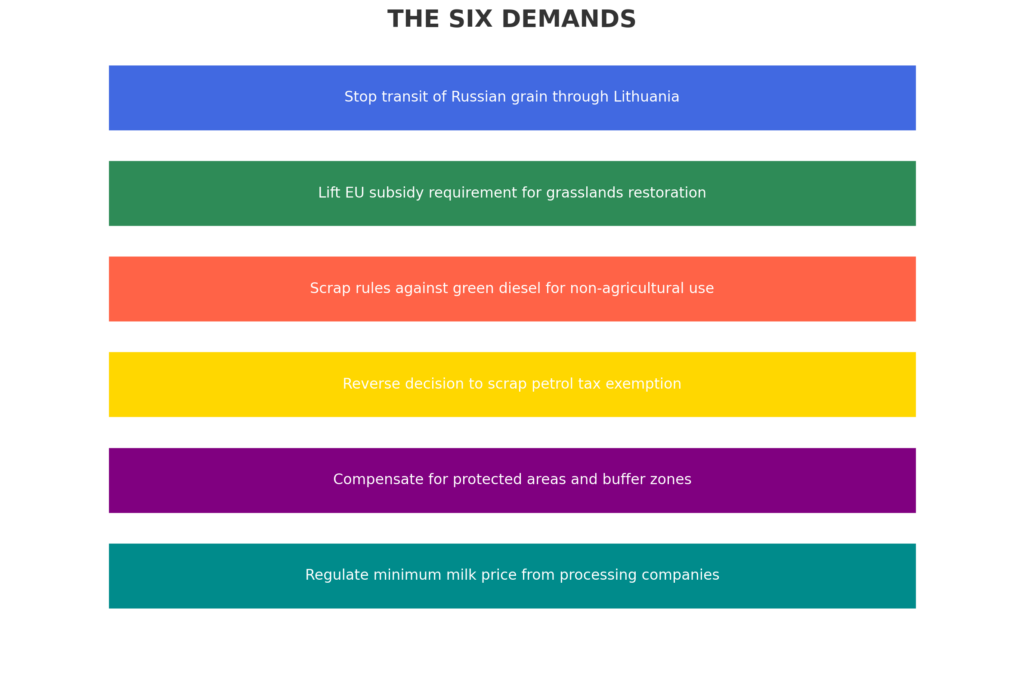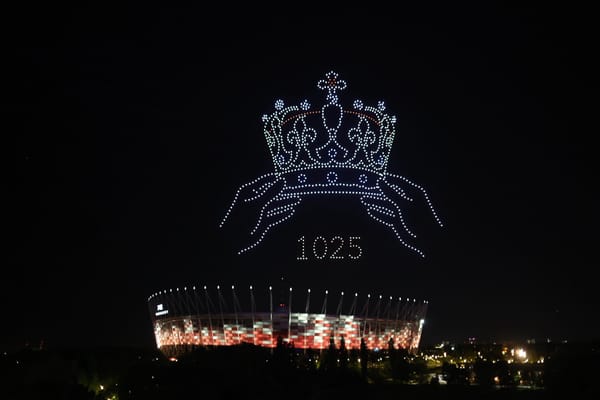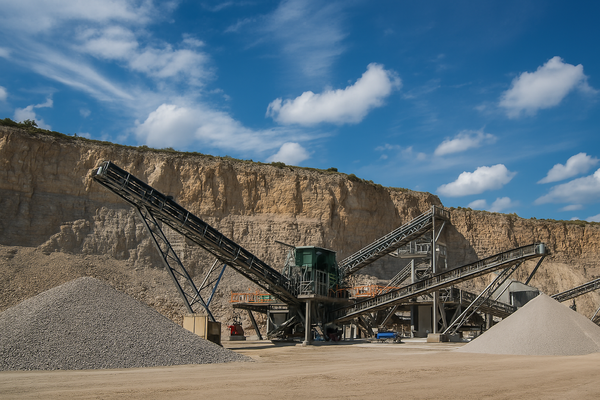
Farmers, green activists protest in Lithuania
Tractors and logging lorries flooded central Vilnius last week, as farmers protested a number of national agricultural policies.
Local media reported the protesters’ six demands; including stopping the transit of Russian grain through Lithuania, which they claim is pushing down export prices.
Another demand is the government waiving an EU subsidy requirement to restore permanent grasslands on land uncultivated for more than five years when arable land areas drop by at least 5% from 2018 ratios. Non-livestock farmers find this economically nonsensical.
The farmers’ other four demands are: scrapping new rules disallowing the use of green diesel in vehicles used for non-agricultural purposes; reversing the recent government decision to scrap their petrol tax exemption; stopping or compensating the government action of protected areas and buffer zones being taken from their land; and regulating the price of raw milk paid by processing companies, which plummeted last year.

Protest organiser Dainius Arlauskas of the Lithuanian Agriculture Council said over one thousand farming machines had been brought to Vilnius, including to the Parliament, with a coffin mounted on one.
Farm owner Dainius Mikalaiciounas said: “If we came here, that means closure is looming”, adding that if the situation continues, “we will close down”, next year.
Agriculture Minister Kestutis Navickas told local media that he will “correct the mistakes made”, adding that draft legislation will bring back green diesel laws and cut excise duty on petroleum gas. He also promised to discuss the other demands with the farmers.
Green activists stage counter-protest
Environmentalists staged a counter-protest, calling for the government not to make concessions at the expense of environmental protections.
Lithuanian Fund for Nature official Edmundas Greimas told local media that “more and more fertilisers are flowing from Lithuania into the Baltic Sea… nobody knows how to solve the problem.
The activists highlighted on placards information on bird species extinctions, climate change, and the importance of endangered grasslands.
“I do understand that farmers are unhappy, and maybe the measures … should have been taken in smaller steps, but we, as representatives of society and nature… do not like the fact that biodiversity is disappearing,” Greimas told local media.





